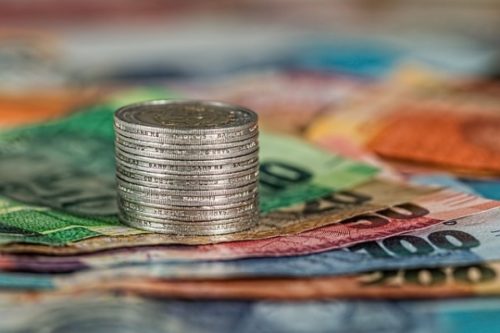Life can come at you fast and hit you hard. Like the majority of American families living paycheck to paycheck, it can be tough to come up with quick cash in the event of an emergency expense, like a major home repair, a hospital bill, a vet bill, or car maintenance.
You don’t want to be stuck in a bad situation in case something like this happens to you, so it’s best to think about it proactively and budget your money just in case. Here are some tips on how to budget for unexpected expenses. If you are looking for financial advisors in Melbourne visit Liston Newton Advisory.

- Understand your Personal Finances
The first thing to do is to fully understand your finances. How much money do you have coming in each month after taxes? What are your monthly expenses that don’t change, and what do you spend on that’s more flexible? Knowing exactly where your money goes can help you budget much more effectively.
Monthly expenses like rent, mortgage payments, car insurance, phone bills, and utilities will usually remain the same month-to-month, so you can more or less count on the same amount when mapping out your finances. Other necessary spending, like groceries, and gas for the car may fluctuate, but you can give yourself a rough estimate and budget based on past months (and ensure you stick to it). Lastly, your tertiary expenses, like entertainment, eating out, and shopping for clothes or home furnishings will require a hard budget, so you don’t spend too much on these each month. Once you’ve figured out the rest of your finances, you can allocate a specific amount for this.
- Cut Back Where You Can
Frivolous spending can be avoided once you’ve taken a good look at your financial situation. Are there any monthly expenses you’re paying for but aren’t using? For example, you may be able to downgrade your phone plan if you pay for extra data or other add-ons you don’t use, or negotiate for a better deal. Maybe you order a lot of delivery and take out without realizing how much it actually costs, and can cut back by buying more groceries and cooking at home.
- Contribute to an Emergency Fund
The best time to start saving money for an emergency fund was yesterday, and the second-best time is now. Open a separate savings account, preferably a high-yield savings account with little to no monthly costs, and determine how much money you can contribute to that account each month. Look at your finances to see what you can put away consistently each month, whether it’s ten dollars or a hundred, and whenever you have extra cash on hand, put that in your savings as well. Automate the contributions to make the process easier, so you don’t have to think about it or accidentally forget to contribute.
- Take Out a Loan
If an emergency expense hits you before you’re ready, don’t panic. There are ways to can bridge the financial gap. You can get secured or unsecured installment loans from direct lenders like westernshamrock.com, and you can even get it done online for your convenience. Repayment plans are laid out in advance so you know what your monthly payments will be ahead of time and can budget for those.
- Work With a Financial Advisor
If you still need help figuring out your expenses and how to come up with a savings plan, talk to a financial advisor. They can help you navigate your budgets and come up with a solution that you understand and can stick to, plus offer advice on things like investing and long-term savings accounts.
